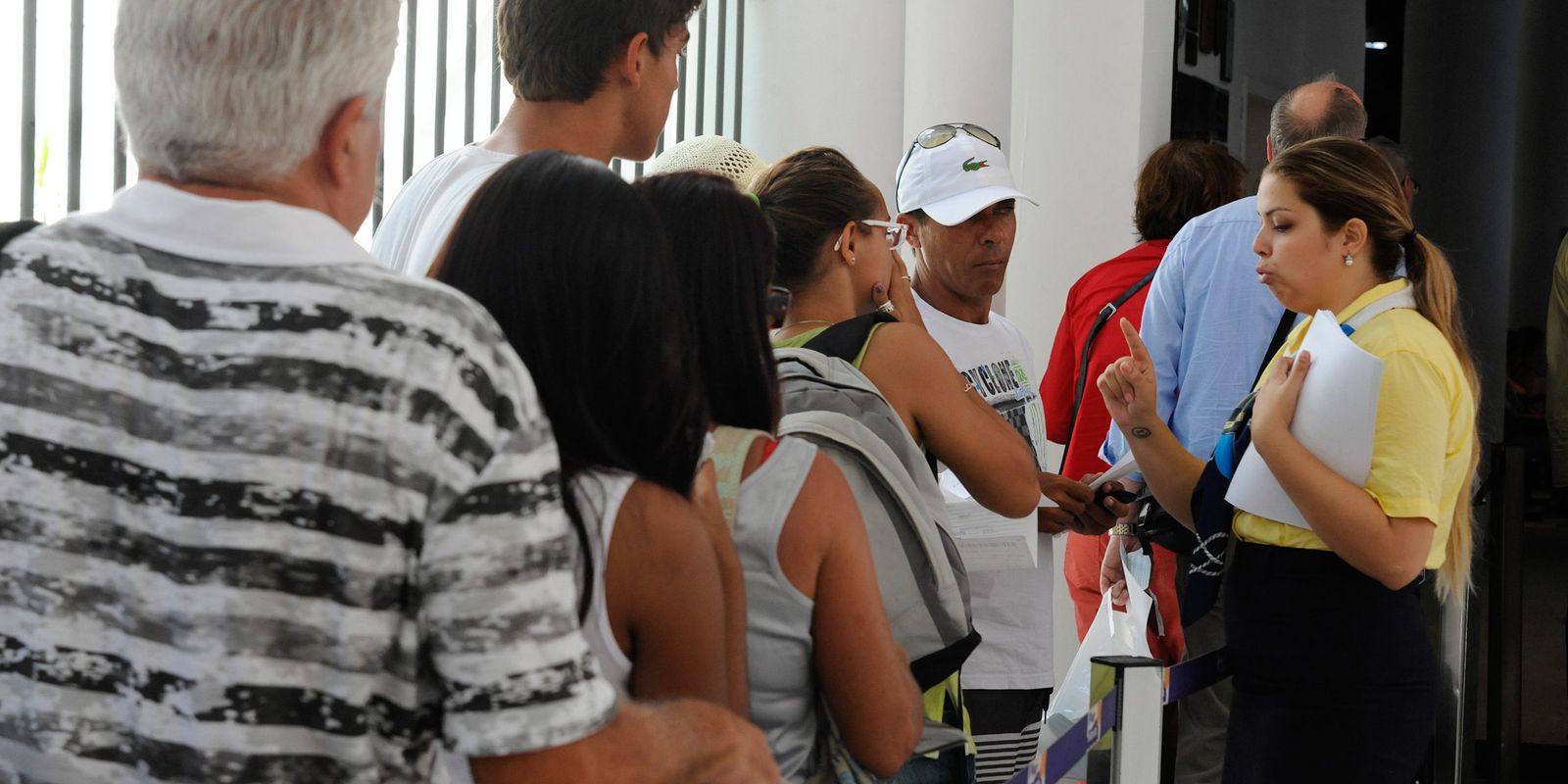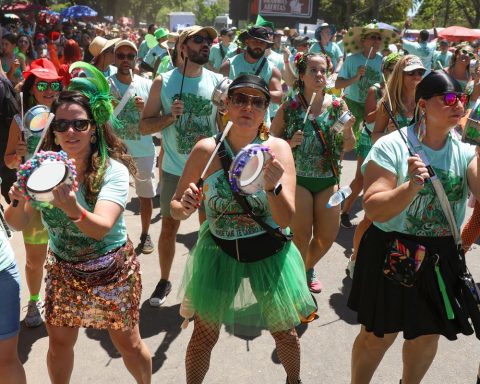the guides Tips to serve elderly tourists well, Tips to serve LGBTQIA+ tourists well and Tips to better serve tourists with disabilities were updated. The three publications aim to promote inclusive tourism for all.
Booklets are available online and have a more accessible format for reading in smartphones It is tablets or on computers. The guides are the result of joint work by the Ministries of Tourism and Human Rights and Citizenship.
This initiative is part of Responsible Tourism actions to comply with the General Tourism Law (Law 11,771, of 2008) which aims to democratize access to tourism. With the revision of the contents, the publications provide guidance to help sector professionals on offering safer and more pleasant tourist experiences to travelers, in addition to practical tips to better serve each public.
The Minister of Tourism, Daniela Carneiro, says that this update is part of the strategy for the first 100 days of the government, with prioritization of inclusion and accessibility. “Our action aimed to ensure that tourism, in fact, is for everyone. It is with joy that we launch two more guides that seek to guide professionals in the sector on how to better serve the elderly and the LGBTQIA+ public.”
The president of the Brazilian Association of Travel Agencies (Abav-Nacional), Magda Nassar, evaluated the reissue of the guides. “ABAV believes in initiatives that enable the entire tourism chain to serve segments and, also, to serve better in general. Hospitality and care must always be in the relationships between the parts of this market.”
Pedro Kempe, a tour operator in Paraná, focused on the religious segment – which mainly has elderly travelers – liked the booklet to qualify professionals in the sector. “For those of us who work with the elderly, all the information and good practice so that we can increasingly better serve our customers, help us to be more inclusive, respectful and able to adopt good practices in Brazil. Which will, for sure, make us better and more professional.
LGBTQIA+ tourists
The Ministry of Tourism explains that the guide “Tips to serve LGBTQIA+ tourists well” brings updated content on legality and basic concepts of gender identity, biological sex and sexual orientation. The booklet also warns that, in Brazil, discrimination against LGBTQIA+ people is a crime and can be equated with crimes of racism, as decided by the plenary of the Federal Supreme Court.
A guide tip is to treat the person according to the gender with which he identifies and not by the sex at birth. The material still teaches that trans and homosexuality are not diseases; that respect and education are the basis of any relationship and that expressions, slang and jokes that may sound pejorative should be avoided.
According to the World Tourism Organization, the LGBTQIA+ community accounts for 10% of all trips made every year and is responsible for 15% of the income generated by the sector.
A survey carried out in 2017 by Out Leadership, an international association of companies aimed at the homoaffective public, shows that the purchasing potential of the LGBTQ+ public in Brazil is BRL 419 million per year. And in the world, the segment is responsible for US$ 3 trillion per year. It’s the call pink moneyexpression to refer to the purchasing power of the LGBTQIA+ public.
elderly tourists
For elderly tourists, the update of the guide points out that, contrary to what many think, age is not an impediment to a socially active life and reminds that this public has flexible schedules and dates, being able to take advantage of and enjoy several itineraries. “With the aging of the population, the elderly person becomes increasingly plural.”
The publication also provides information on appropriate infrastructure; adequacy of environments and correct signage so that the elderly can fully enjoy the tourist experience.
Among the practical tips of the guide are the reservation of preferred seats, offering preferential queues, encouraging intergenerational coexistence whenever possible and signs/signs that are easy to see and in bright colors.
Disabled Tourists
The publication Tips to better serve tourists with disabilities addresses issues such as accessibility, ethics and social responsibility, universal design, examples of disability, ableism, respect for differences. These are practical examples of universal design that must be followed in establishments providing hotel services: doors with a free span of at least 80 cm wide; lever-type handle; and service counter with different heights.


















